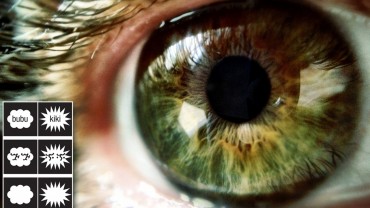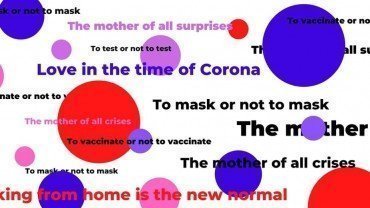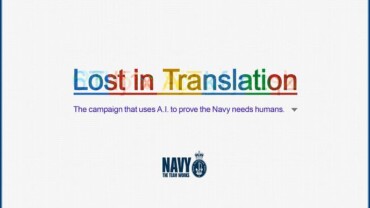Study reveals how emotional context affects how we use and understand language at the neural level. Language and social identity have been making headlines recently. Last month, Air Canada’s CEO Michael Rousseau faced scrutiny over not knowing French – his language deficit is helping support Bill 96 in Québec (which seeks to change the Canadian Constitution to affirm Québec as a nation and…



![The only constant in life [business] is change](https://avalon-linguistic.com/wp-content/uploads/2021/10/Change-the-only-constant-in-life-370x208.jpg)





